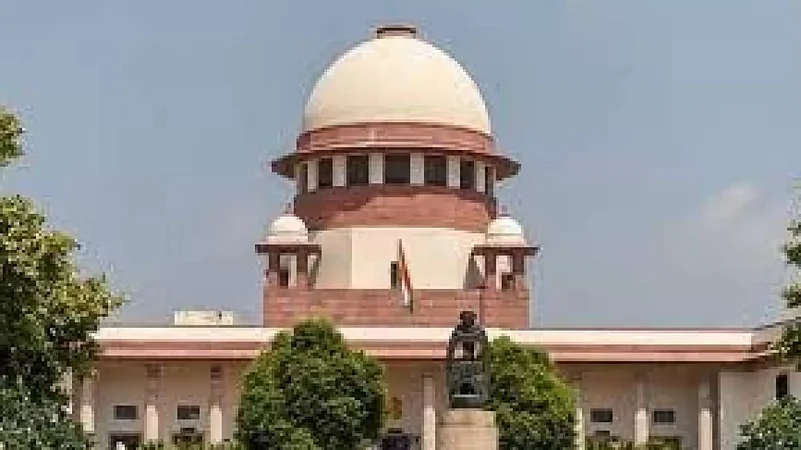The Supreme Court on Tuesday asked the Centre not to “selectively bypass” people recommended by the collegium for judicial appointment based on their political allegiance or because they may have defended a case against the government in court.
A bench of Justice Sanjay Kishan Kaul and Justice Sudhanshu Dhulia told Attorney General R. Venkataraman, representing the Union government that a balance must be made, keeping in mind that 40 per cent of the states are governed by opposition parties.
“Some lawyers are recommended by the collegium, even if they are not politically very active, but have some connection with either the ruling or the Opposition parties,” the bench told the Centre. It also differentiated a candidate who has been associated with a political party, for instance, as a law officer for a state, versus one who has a “deep-rooted political aspect” that could affect their judicial work.
The bench expressed concern over the government’s pick-and-choose policy in appointments as well as transfers of High Court judges. “Pick-and-choose must stop,” Justice Kaul asserted.
According to Justice Kaul, 14 names recommended by the collegium are still pending with the government with no response – five names out of which have been reiterated by the collegium twice or more times.
"...We hope that a situation would not come where this court or the collegium have to take some decision which may not be palatable (to the government)," the bench said.
Over the past several months, the appointment of judges through the collegium system has often become a major flashpoint between the Supreme Court and the Centre, with the mechanism drawing criticism from different quarters.
The top court was hearing the petitions, including the one filed by the Advocates Association Bengaluru seeking contempt action against the Union Ministry of Law and Justice for allegedly not adhering to the timeline set by the court in a 2021 judgement.
One of the pleas in the apex court has alleged "wilful disobedience" of the time frame laid down in its April 20, 2021 order to facilitate the timely appointment of judges.
In that order, the apex court had said the Centre should appoint judges within three to four weeks if the collegium reiterates its recommendations unanimously.





















